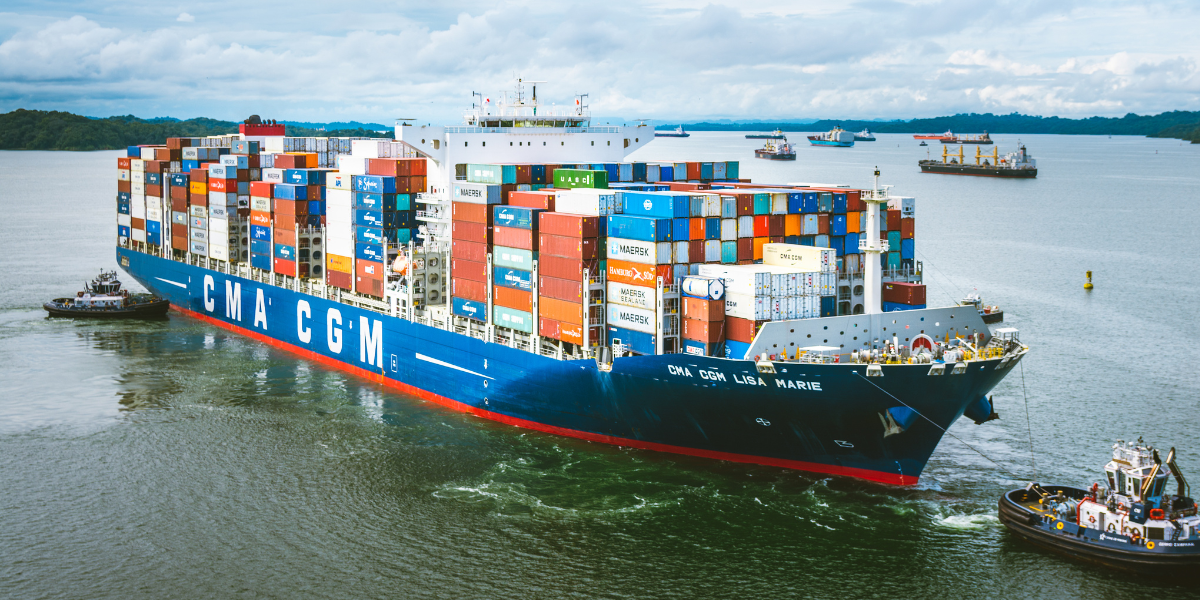
Boundaries Of AUTonomy (BOAUT)
Exploring the role of onshore Remote Operations Centres (ROCs) in assuring the safety of autonomous shipping.
This project researched how onshore operators can detect and diagnose hazardous deviations by autonomous marine vessels in time for mitigating action.
Contact us
Assuring Autonomy International Programme
assuring-autonomy@york.ac.uk
+44 (0)1904 325345
Institute for Safe Autonomy, University of York, Deramore Lane, York YO10 5GH

Project report
A full project report on the team's work looking at how a ROC might contribute to the safety assurance of truly autonomous surface vessels.
The challenge
Is it possible to assure that, with the support of an onshore monitoring centre, autonomous ships can operate as safely as manned ships?
Autonomous vessels are designed to deviate from their planned missions when they detect hazardous situations. However, deviations based on erroneous information or system faults can lead to collisions, loss of ships, etc. This project demonstrated and validated how onshore operators can detect and diagnose hazardous deviations by autonomous marine vessels in time for mitigating action.
The research
This project explored bounding behaviour (i.e. the identification of, and adherence to, limits that allow autonomous systems to stay safe) of maritime autonomous surface ships (MASS) as they deviate from their planned paths.
A marine vessel's operational design domain (ODD) was defined for the near-coast monitoring of MASS by ROCs. This ODD was then validated in simulated environments and under real-life conditions.
The project then explored and validated how the global situational awareness of an onshore operator can be used to detect and diagnose erroneous, hazardous deviations in time for mitigating action.
The results
The project defined a safety concept for ROC and MASS, i.e. how ROC can expect to contribute to the safety assurance of truly autonomous surface vessels.
This concept was used to develop tools, methods, and scenarios to probe the role of ROC in supporting MASS. Through shadow trials with maritime practitioners, this probing identified concerns that need to be addressed to facilitate the introduction of autonomy in the maritime domain. Part of these concerns are already being addressed by researchers and practitioners, but particularly three topics need increased attention:
- The ways through which ROC operators could be unfairly blamed when automation breaks down in the maritime domain, as their influence on a situation is not meaningful.
- How to support the reasoning of artificial intelligence with human insights instead of having to resort to taking full control of a MASS.
- How to include information from untrusted sources (such as the public) in common operational pictures in a dependable way.
- Asplund , F., and Ulfvengren, P. "Engineer-centred design factors and methodological approach for maritime autonomy emergency response systems" in Safety (2022)
Contact us
Assuring Autonomy International Programme
assuring-autonomy@york.ac.uk
+44 (0)1904 325345
Institute for Safe Autonomy, University of York, Deramore Lane, York YO10 5GH